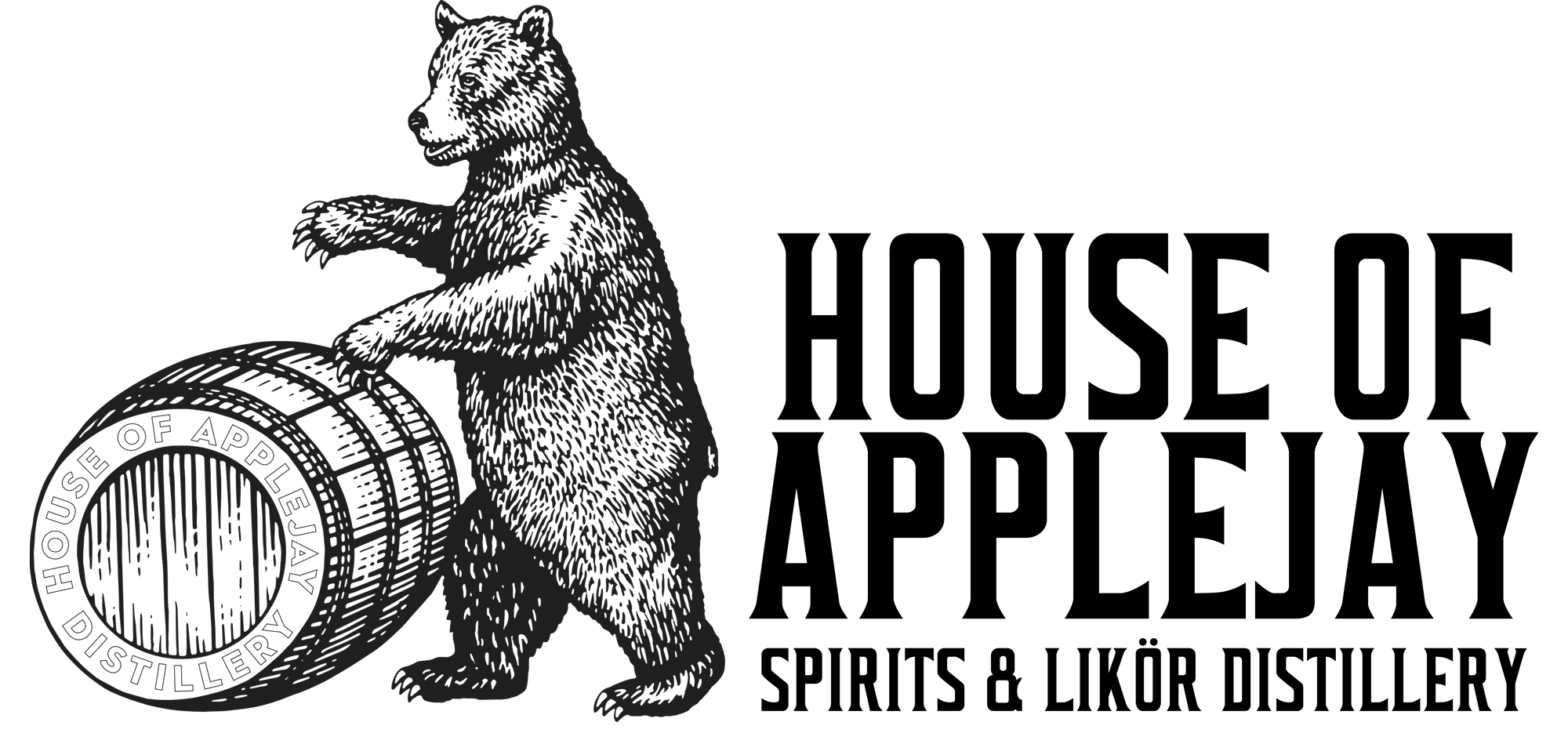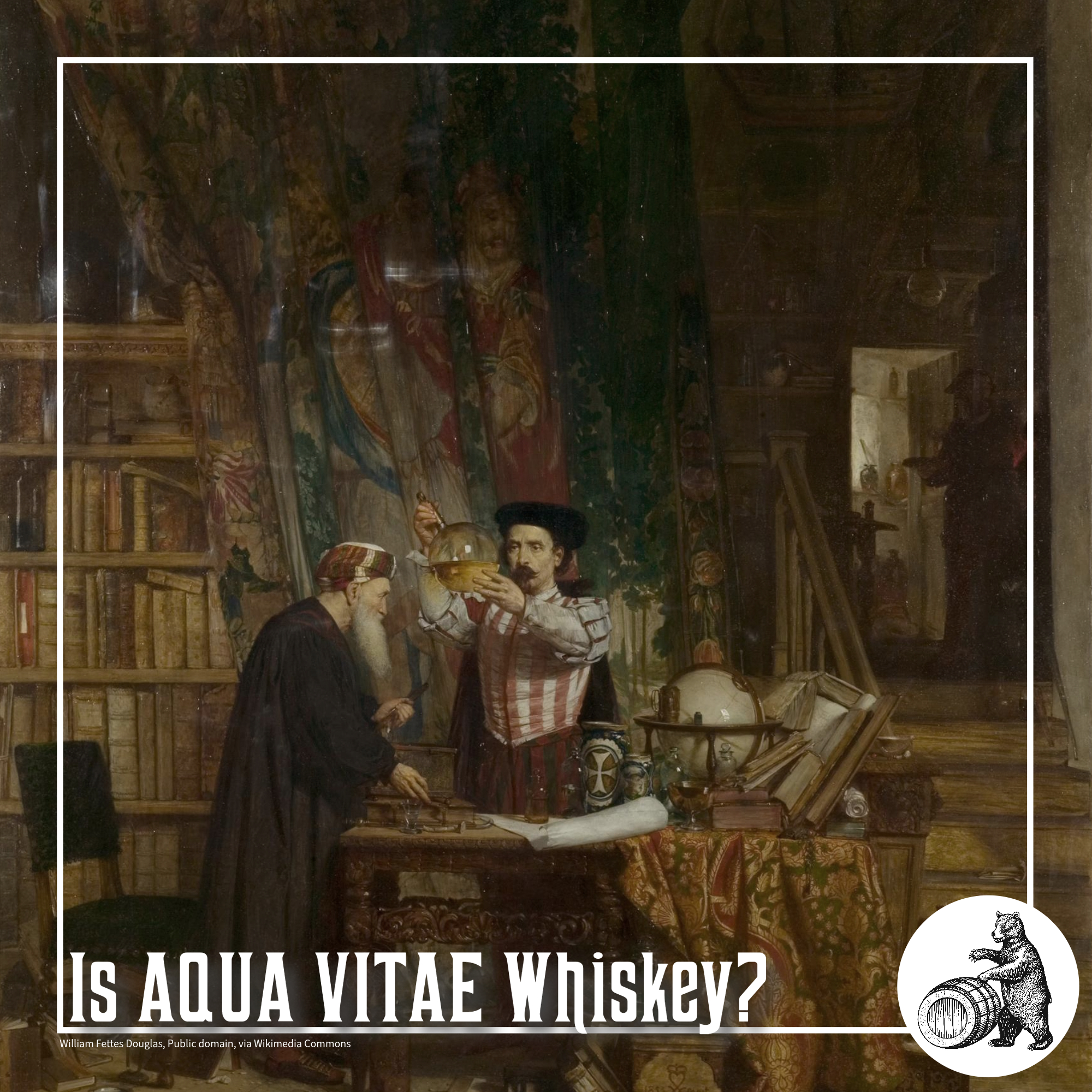Is Aqua Vitae Whiskey?
Unveiling the Origins of Distillation and Aqua Vitae, the ‘Water of Life’
Alchemists across diverse ages and cultures sought the philosopher’s stone, a legendary elixir believed to grant immortality and cure all ailments. Following this alchemical pursuit, the process of distillation emerged, inspired by the idea of extracting the “water of life,” known as aqua vitae—a healing remedy of alcoholic essences. Many early medieval sources refer to “aqua vitae” and have been translated as “early” whiskey.
When exploring the origins of whiskey, it’s often asserted that its roots trace back to aqua vitae—an ancient Irish distilling recipe. But does this narrative hold true?
The Red Book of Ossory
One of the oldest sources of Irish distilling is described in the Red Book of Ossory written by the Bishop of Ossory, Richard Ledred from 1317 to about 1361. It was named after its red leather binding, and contains a lengthy medical treatise on aqua vitae. This recipe for aqua vitae described there is similar to the recipe of Abbey Weißenau written in the 12th century and other sources that copied the original recipe from Salernus. As Salernus distilled wine all these descriptions are rather “early” brandy recipes as grain was not yet distilled. It is unkown when the first grain distillates were created though some of the earliest sources date back the late 15th century.
Many European nations translated the term water of life for distillates to their native languages: Eaux-de-Vie (French), Uisce Beatha (Irish), Acquavite (Italy), Akvavit (Scandinavia), Aquavit (Germany), Okowita (Poland), оковита (okovyta) in Ukraine, акавіта (akavita) in Belarus, and яковита (yakovita) in southern Russian dialects. The French Eaux-de-Vie refers to distillates made from fruit mashes only whereas many aquavit are grain based distillates today. Other names for fruit distillates are Brandewijn, Branntwein, Weingeist or Brandy.
The Red Book of Ossory, unlike the widely disseminated distilling book of Hieronymus Brunschwig from 1500, was not intended for broad readership.
It’s crucial to scrutinize the term aqua vitae, as it doesn’t consistently equate to whiskey or grain distillates, especially in pre-16th-century sources, where it typically referred to a variant of “aqua vini.”
The Distilling Culture
BLOG
Embark on a global journey, and you’ll find that cultures possess tales that harken back to their ancient beginnings of distillation, brewing, and winemaking.
info@houseofapplejay.com
67 Fowler St, Bldg B, East Ellijay, GA 30540

